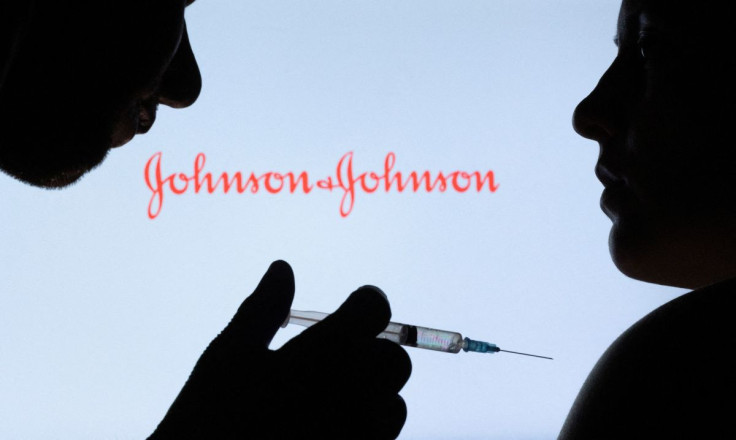Pfizer Loses U.S. Appeal Over Co-pays For Heart Failure Patients

A federal appeals court on Monday rejected Pfizer Inc's challenge to a U.S. anti-kickback law the drugmaker said prevented it from helping heart failure patients, many with low incomes, afford medicine that cost $225,000 per year.
A unanimous three-judge panel of the New York-based 2nd U.S. Circuit Court of Appeals rejected Pfizer's effort to directly cover co-pays for patients taking its Vyndaqel and Vyndamax drugs.
The court agreed with a lower-court judge that Pfizer's Direct Copay Assistance Program violated a ban on "knowingly or willfully" providing financial support to induce federally reimbursable drug purchases, even absent corrupt intent.
The government argued a ruling for Pfizer would leave Medicare on the hook for "astronomical" drug prices. But Pfizer said making its proposed conduct a felony would unjustly restrict access to medicine some lower-income patients need.
Pfizer also said such an interpretation could make it illegal to use crowd-funding to cover medical bills, or make it a crime for generous family members to pay for relatives' medical treatment.
Circuit Judge Robert Sack nevertheless said the anti-kickback law is "not limitless," and it seemed "very unlikely" that family members would be criminally liable for trying to help loved ones.
Pfizer in a statement called the ruling disappointing, saying it believes providing co-pay assistance to patients "would represent a fair and effective way to lower out-of-pocket costs and help ensure affordable access to this important medicine."
Also known as tafamidis, Vyndaqel and Vyndamax treat a rare condition called transthyretin amyloid cardiomyopathy ("ATTR-CM") that causes the heart to stiffen, impedes blood flow and can lead to progressive heart failure.
Sales of the treatment totaled $2.02 billion last year. A February 2020 study by the American Heart Association called tafamidis the most expensive cardiovascular drug launched in the United States.
In court papers, Pfizer said the only potential alternative drug lacked U.S. Food and Drug Administration approval to treat ATTR-CM, and cost $450,000 annually.
The case is Pfizer Inc v U.S. Department of Health and Human Services et al, 2nd U.S. Circuit Court of Appeals, No. 21-2764.
© Copyright Thomson Reuters {{Year}}. All rights reserved.





















